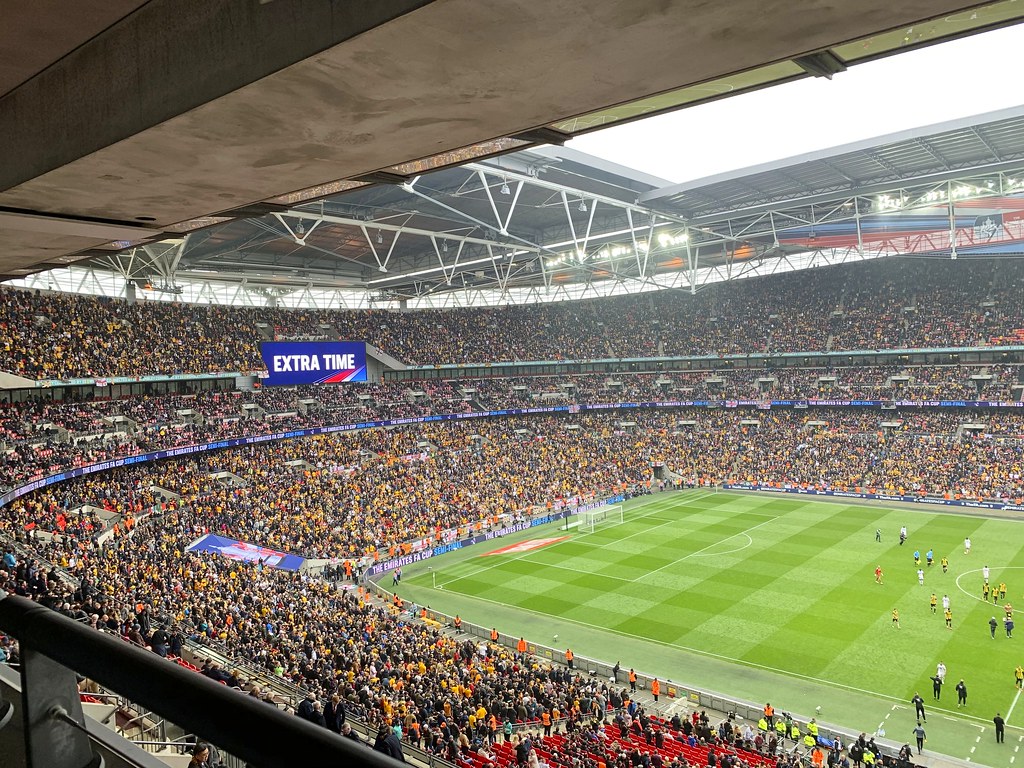Extra time: Is it time to call an end to tradition?
Extra time has long been a staple in football history. Whether it was Sir Geoff Hurst’s winner in 1966, or Mario Gotze’s late finish to deny Lionel Messi his first world cup in 2014, the existence of extra time has been part of the fabric of knockout tournaments for what seems like forever. Whilst there have been some brief and unsuccessful attempts at other forms of deciding the winner, such as the Golden and Silver Goals of the 1990s and early 2000s era, extra time has always largely been preferred. This is why CONMEBOL’s scrapping of it in the Copa America has come as such a shock.
Player welfare is an increasingly talked about issue in the press, with Jurgen Klopp labelling the schedule that his Liverpool players were facing as “a crime”. Despite the hyperbolism, Klopp is raising a valid point about the unprecedented amount of games modern footballers are facing. It seems as though governing bodies are increasingly putting profit over player’s health, with the expansion of the club World Cup and the Champions League proving this point. Therefore, CONMEBOL’s decision to scrap extra time for the round of 16, quarter and semi finals was as refreshing as it was surprising.
The removal of extra time was not solely to prevent injury and player fatigue but also to stop games from growing stale, lethargic and unentertaining
The removal of extra time was not solely to prevent injury and player fatigue, but also to stop games from growing stale, lethargic and unentertaining. The Copa America is no stranger to Brazilian flair, Argentinian magic and physical, pulsating matches, and the removal of extra time only adds to this. Managers have greater freedom to push a more direct and attacking style of football later in games without the fear of leaving tired legs exposed to another 30 minutes of football. This is reflected in the statistics too, on average, Copa America games made half the amount of passes per minute when compared to that of Euro 2024, showcasing the competition’s faster, more direct build up play.
The European Championships, on the other hand, suffered from issues of fatigue. Players such as Kylian Mbappe and Harry Kane, despite being the country’s first choice penalty takers, were forced off during extra time. Out of the five games that went to extra time, only two found a winner and only two goals were scored. In some ways, the Euro’s tepid extra time periods almost championed the new format, as much as the successes of the Copa America did.
The removal of extra time seems unlikely as tradition often rules triumphant in football
Following the change made by Copa America, fans are asking if we will see a wide scale removal of extra time any time soon. This radical of a change seems unlikely as tradition often rules triumphant in football. Additionally, it would take overwhelming evidence that extra time is a detriment to the game for FIFA to make it a universal policy. At the moment this does not exist; whilst the Euros may have been a disappointing showcase of its existence, there have been many games in recent years, whether it was Real Madrid’s three quick fire goals after their last minute equalizer against Atletico Madrid in the 2014 Champions League final, or the Kylian Mbappe vs Messi show in Qatar, that have produced quality, exciting football. On the other hand, the footballing landscape is evolving; in the future, with a hotter climate exacerbating fatigue, change will inevitably need to happen, and removing extra time could be one such measure introduced.

Comments